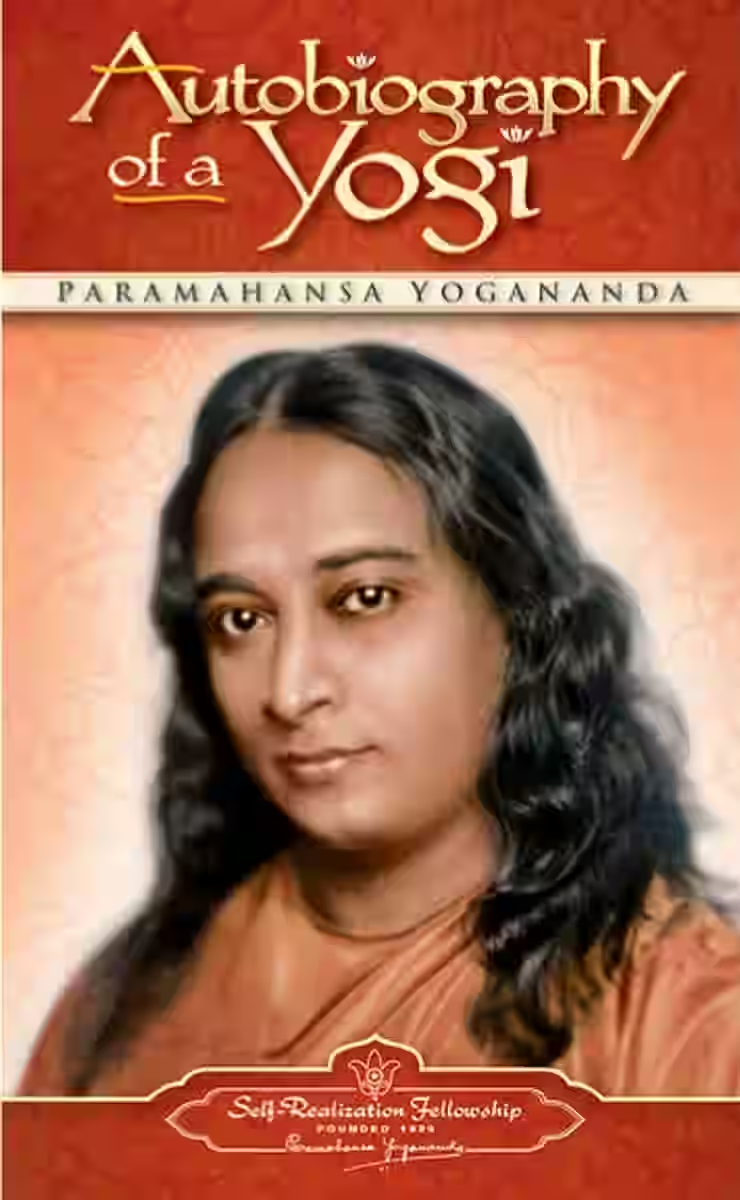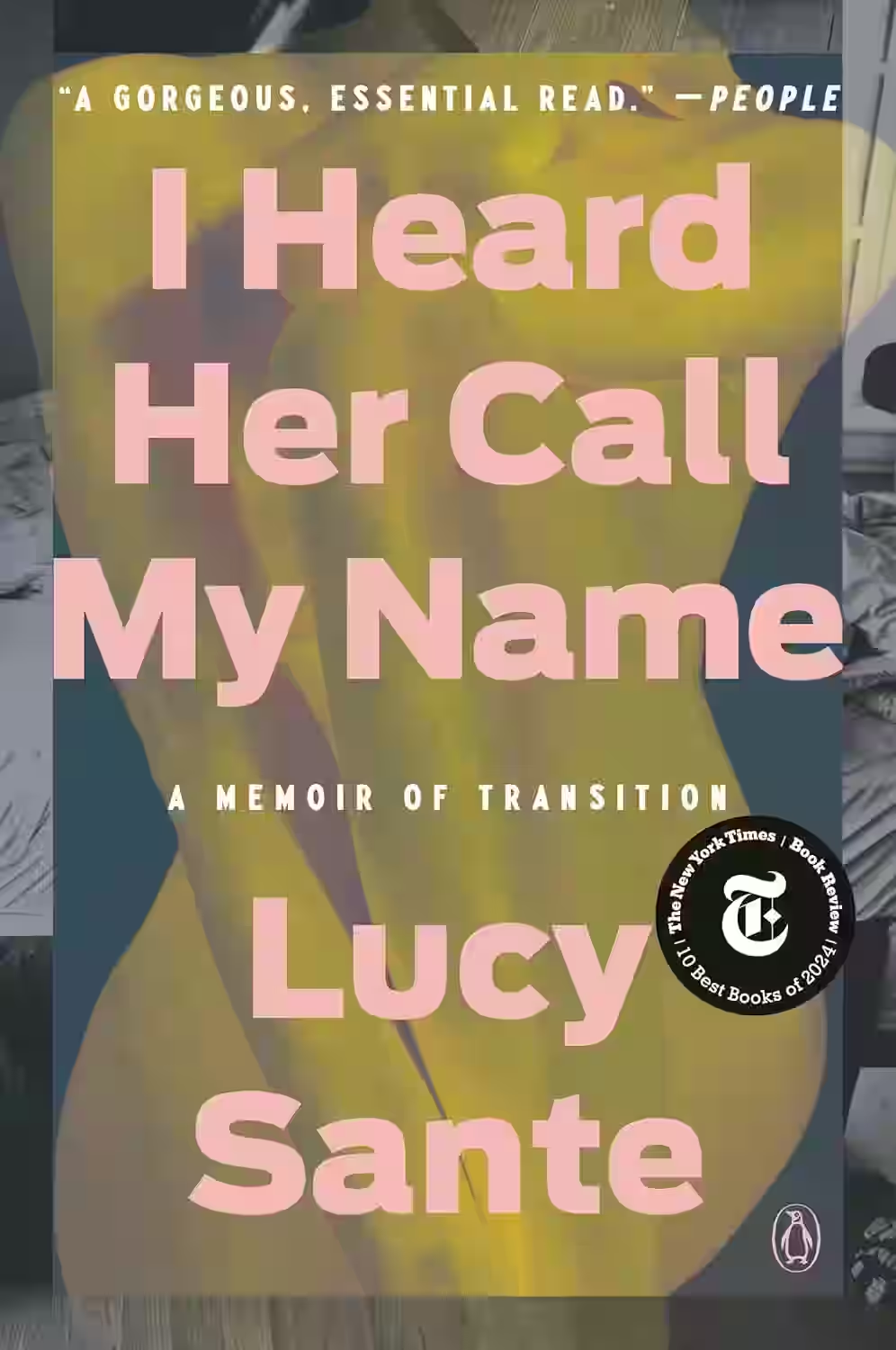
In 'I Hope They Serve Beer in Hell' by Tucker Max, readers are plunged into a world of unfiltered debauchery, humor, and unapologetic narcissism. The book follows the author's real-life escapades of excessive drinking, sexual encounters, and wild misadventures, all narrated in a brutally honest and politically incorrect manner. Through a series of outrageous anecdotes, Tucker Max challenges societal norms and tests the boundaries of acceptable behavior, creating a polarizing yet undeniably provocative read. The book's raw and explicit content may shock or offend some, but it undeniably offers a candid exploration of indulgence, consequences, and the pursuit of pleasure at all costs.
About Tucker Max
Tucker Max, born in 1975, is a controversial figure known for his satirical writing and candid storytelling. He gained fame through his best-selling book 'I Hope They Serve Beer in Hell' (2006), a collection of humorous and often outrageous anecdotes from his personal life. Max's unapologetic and irreverent style polarized critics and audiences, sparking discussions about the boundaries of humor and satire in literature. Despite the controversy, his work resonated with many readers for its raw authenticity and sharp wit. Tucker Max's impact on literature lies in challenging conventional norms and pushing the limits of autobiographical storytelling.
Similar Books

My Life on the Road
Gloria Steinem's "My Life on the Road" is a captivating memoir that chronicles her experiences as a feminist activist and traveler. Through vivid storytelling, she reflects on her journey, both literal and metaphorical, advocating for social change and gender equality. Steinem's recounting of encounters with diverse individuals and communities highlights the power of listening and empathizing with others' struggles. This book explores themes of empowerment, resilience, and the importance of intersectionality in activism. Steinem's narrative is both deeply personal and universally resonant, inspiring readers to engage in meaningful dialogue and action. "My Life on the Road" is a compelling testament to the transformative potential of embracing diversity and standing up for justice.

Autobiography of a Yogi
This spiritual classic chronicles Yogananda’s journey from childhood in India to his role in introducing millions to yoga and meditation in the West. Through encounters with saints and mystics, he shares insights into self-realization, spiritual practice, and the unity of all religions. Blending autobiography with metaphysical teachings, the book explores miracles, divine love, and the hidden potential within every person. Revered by figures like Steve Jobs, it has become a cornerstone of modern spiritual literature. Its message encourages readers to seek inner peace and truth beyond materialism, through meditation and direct experience of the divine.

I Heard Her Call My Name: A Memoir of Transition
by Lucy Sante
Lucy Sante's memoir, I Heard Her Call My Name, is an absorbing analysis of a long-standing search for identity in writing and life. The memoir charts Sante’s recent transition from male to female in her late 60s, alternating between explaining the challenges of her decision and reflecting on her past. Sante's narrative offers a candid and introspective look at gender identity, personal transformation, and the complexities of self-realization, providing readers with a profound exploration of authenticity and acceptance.

Just Kids
by Patti Smith
In 'Just Kids' by Patti Smith, the iconic musician and poet shares a poignant and mesmerizing memoir of her early years in New York City and her deep friendship with renowned photographer Robert Mapplethorpe. The book delves into their bohemian lifestyle, artistic pursuits, and struggles for recognition in the bustling art scene of the 1960s and 1970s. Smith's lyrical prose beautifully captures the essence of their bond and the challenges they faced as young artists navigating love, loss, and self-discovery. 'Just Kids' is a moving tribute to creativity, friendship, and the enduring power of art.